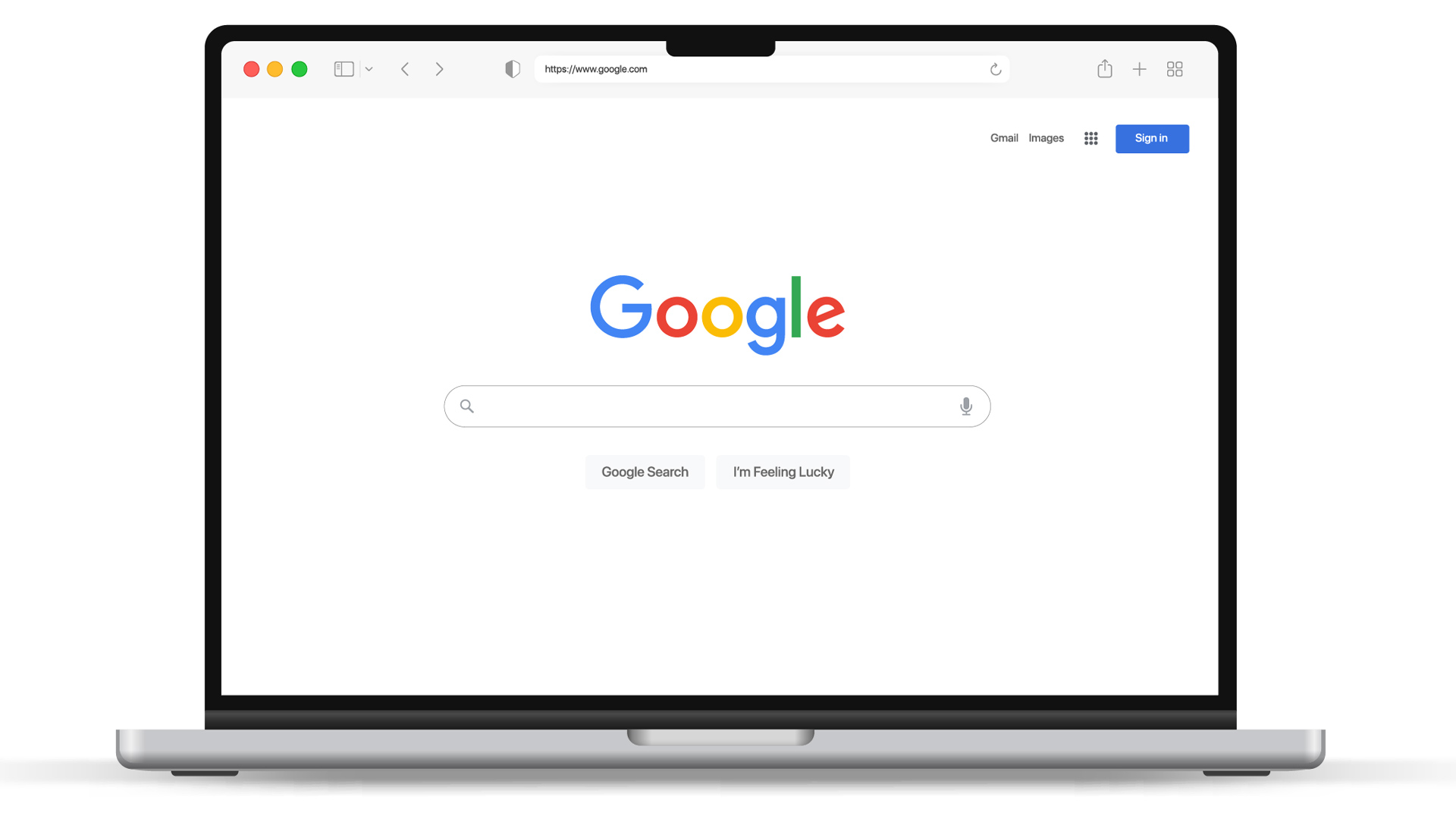
With the increasing integration of AI-generated responses, Google is fundamentally changing the dynamics of online search. Compact AI summaries are appearing more and more frequently above traditional search results, providing many users with sufficient information without having to visit an external website. However, it is precisely these websites that provide the content from which the answers are generated. What appears to be convenience and efficiency from the user's perspective raises a key question for website operators: Is traffic that previously formed the basis for reach and revenue being siphoned off?
For news portals, specialist blogs and advice sites, visibility is inextricably linked to economic stability. These offerings are financed through advertising, subscriptions or lead models and depend on users actually visiting their sites. If AI answers already provide essential information directly in the search, the click rate drops significantly. Initial market observations show that content that can be easily condensed – definitions, explanatory pieces or structured knowledge articles – is particularly affected. This puts smaller providers in particular under pressure. While big brands still have direct access or strong newsletters, specialised websites are losing some of their organic traffic. This further shifts the balance of power in favour of the platform, which controls search, playback and now also summarisation.
This development reinforces a dependency that has existed for years. Website operators optimise content for search engines, invest in technology, editorial and reach – but the rules are set unilaterally. Visibility no longer automatically means visits. AI responses act as a new intermediate layer between the user and the source. This affects not only editorial content, but also companies that build their reach through content in the field of digital marketing. Content strategies that previously focused on added value and organic findability must be re-evaluated. When answers are delivered before the click, classic funnel models lose their effectiveness.
For many website operators, the question arises as to how content must be designed in future in order to remain relevant. Simply conveying information is often no longer enough. In-depth analyses, opinions, exclusive data or clearly recognisable expertise are becoming increasingly important. At the same time, the focus is shifting more towards brand building, recognition and direct access. Search engine optimisation is also changing. Whereas structure, keywords and technical quality were previously the main focus, the question now is whether content still offers any incentive to click when AI already provides a summary. In the long term, content formats could become established that are deliberately not fully ‘usable’ but focus on classification, context and attitude.
One possible consequence is the increasing isolation of high-quality content. If reach can no longer be refinanced through free access, paywalls become more attractive. For users, this means a more fragmented information landscape in which reliable content is more often subject to a fee. Free access to well-founded journalism and expertise could be restricted – with social consequences. At the same time, alternative channels such as newsletters, podcasts and closed community models are becoming more important, as they allow for a more direct relationship with the audience and are not solely dependent on search engines.
Whether the use of content for AI responses can be legally considered theft remains open to question. Copyrights, ancillary copyrights and terms of use are a complex area of tension. It is possible that courts or regulatory authorities will have to set guidelines in the future. An examination at European level is also conceivable. If AI responses systematically result in third-party providers no longer having adequate access to traffic, regulations such as the Digital Services Act could become relevant. In this case, Google may have to make its use of content more transparent or adapt its presentation formats.
The key question remains: how can user-friendliness be combined with fair value creation? AI responses are practical for many search queries, but they must not undermine the economic basis of independent content. For website operators, this marks the beginning of a phase of strategic realignment – technically, editorially and economically.